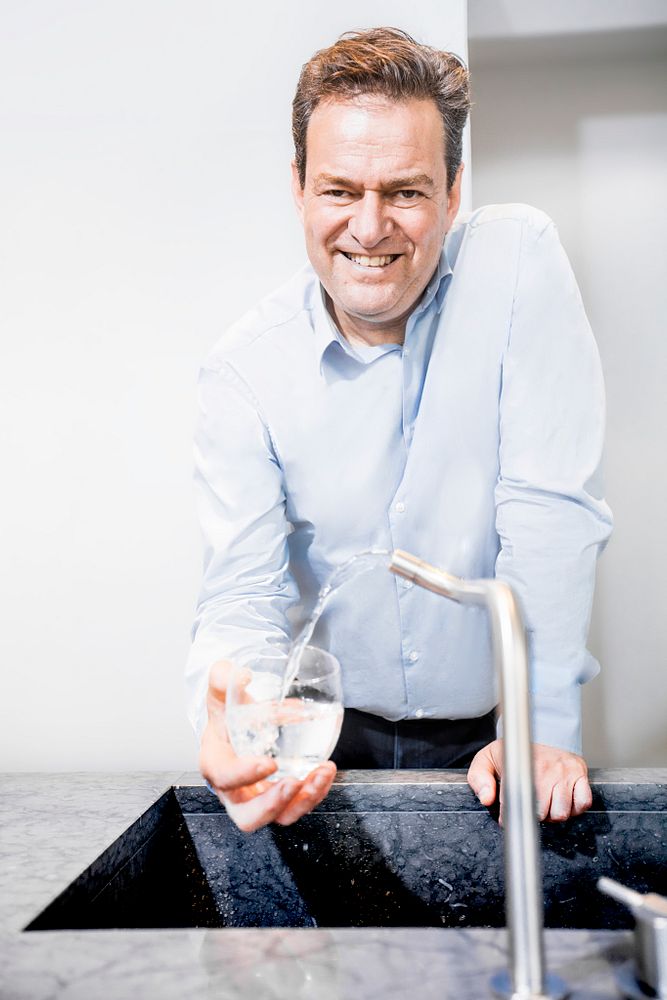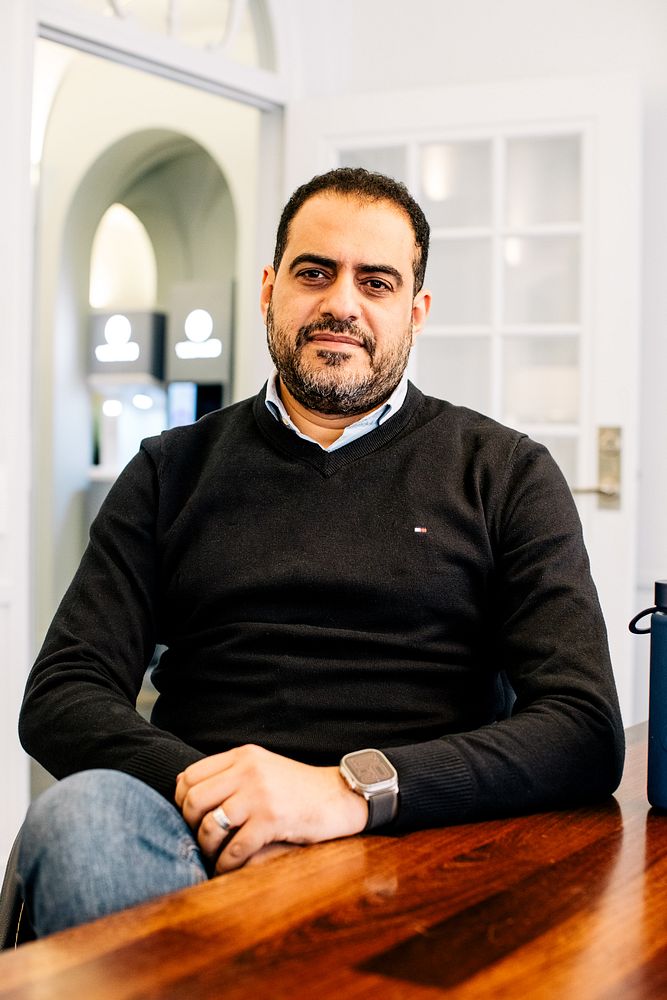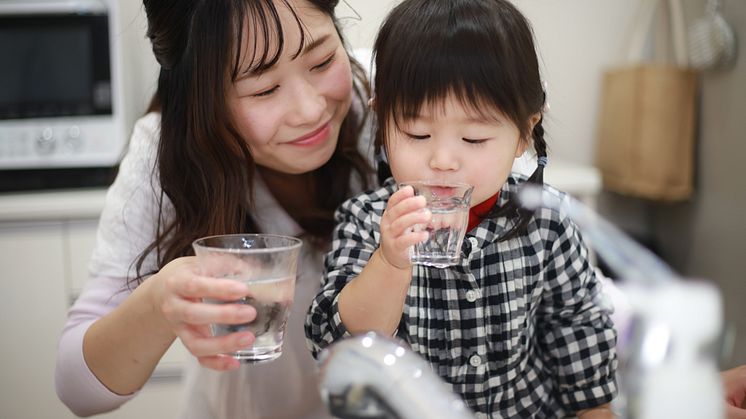
News -
Plastics in Our Brains? Bluewater Urges Urgent Research After Alarming Potential Link to Dementia Emerges
Stockholm, Sweden, April 14, 2025 — A shocking new study published in Nature Medicine has uncovered a potential link between high levels of microplastics in the human brain and an increased risk of dementia – prompting an urgent call from Swedish clean water innovator Bluewater for accelerated scientific research.
The peer-reviewed study, conducted by a team of U.S.-based neuroscientists and environmental health experts, analyzed brain tissue samples donated between 2016 and 2024 through the New Mexico Office of the Medical Investigator. Researchers identified 12 different types of microplastic particles lodged in the brain—marking a disturbing escalation in how far plastic pollution has infiltrated the human body.

“The results are staggering,” said Bengt Rittri, Bluewater’s founder and CEO. “We now have credible evidence that microplastics are not only entering our bodies but accumulating in the brain itself. This raises urgent questions about the long-term effects on human health—especially brain health.”
Perhaps most alarming: brain tissue from individuals diagnosed with dementia contained up to ten times more microplastics than tissue from those without the condition.

“This is a critical wake-up call,” said Dr. Ahmed Fawzy, chief research scientist at Bluewater. “The potential neurotoxic effects of microplastics are devastating. We need large-scale, in-depth studies to determine how plastics may be contributing to the development and progression of neurodegenerative diseases like dementia.”
Rittri, a leading Swedish ecopreneur, is urging public health agencies, scientific institutions, and governments worldwide to treat this issue with the gravity it deserves.
“This isn’t just an environmental concern—it’s a potential public health emergency that demands we move from words to action,” Rittri said. “We need urgent investment in research, and we need regulators to reassess safety thresholds for plastics in everyday products, especially food packaging and consumer goods.”
While systemic change is essential, Bluewater also encourages individuals to take immediate steps to reduce their exposure to microplastics. Dr. Fawzi recommends switching from bottled to filtered tap water, avoiding microwaving food in plastic containers, opting for glass storage, reducing processed and canned food consumption, and using air purifiers to minimize inhalation of plastic particles from household dust. Bluewater water purifiers have been shown in independent tests to remove microplastics from water.
Microplastics—defined as plastic fragments smaller than 5 millimeters—have already been found in human lungs, blood, reproductive organs, and now the brain. Yet as scientists begin to understand their full impact, the early signs are deeply troubling.
“We are quite literally embedding plastic into our brains,” Rittri warned. “We need to understand what that means – and we need to act fast.”
Press enquiries to Dave Noble, Chief communications and PR officer, +44 7785 302694 or david.noble@bluewatergroup.com
About Bluewater
Founded in 2013 in Stockholm, Sweden, Bluewater has set its sights on being the world’s most planet-friendly water purification and beverage company by innovating and marketing disruptive hydration solutions for home, work, and play. Honored with two Fast Company World Changing Ideas Awards, a K&B Kitchen Innovation of the Year Award, and a coveted 2024 GOOD DESIGN® Award from the prestigious Chicago Athenaeum: Museum of Architecture and Design, Bluewater products are available globally to consumers, hotel and catering operations, event and venue organizations, and educational institutions.



